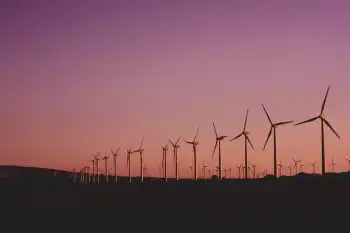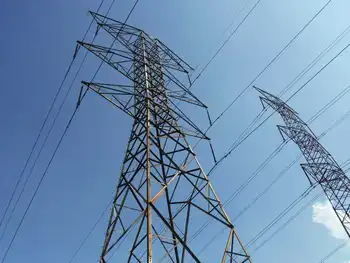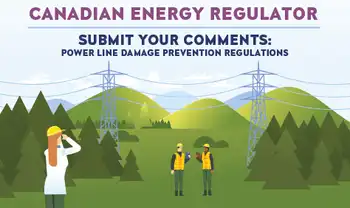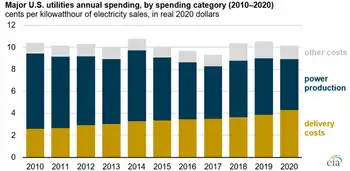California Regulators Face Calls for Action as Electricity Bills Soar
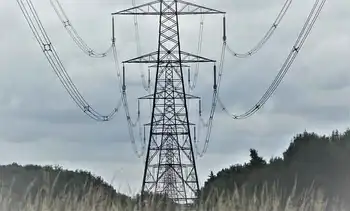
NFPA 70e Training - Arc Flash
Our customized live online or in‑person group training can be delivered to your staff at your location.

- Live Online
- 6 hours Instructor-led
- Group Training Available
California Electricity Rate Hikes strain households as CPUC weighs fixed charges, utility profit caps, and stricter oversight. Wildfire mitigation, transmission upgrades, and aging grid costs push bills higher amid renewable integration and consumer protection debates.
Key Points
California power rates are rising from wildfire mitigation, transmission costs, and grid upgrades under CPUC review.
✅ CPUC mulls fixed charges to stabilize bills and rate design.
✅ Advocates push profit caps; utilities cite investment needs.
✅ Stronger oversight sought to curb waste and boost transparency.
California residents and consumer groups are demanding relief as their electricity bills continue to climb, putting increasing pressure on state regulators to intervene. A recent op-ed in the San Francisco Chronicle highlights the growing frustration, emphasizing that California already has some of the highest electricity rates in the country, as coverage on why prices are soaring underscores, and these costs are only getting more burdensome.
Factors Driving High Bills
The rising electricity bills are attributed to several factors:
- Wildfire Mitigation and Liability: Utility companies are investing heavily in wildfire prevention measures, such as vegetation management and infrastructure hardening. The costs of these initiatives, along with the increasing financial liabilities associated with wildfire risk, are being passed on to consumers.
- Transmission Costs: California's vast geography and move towards renewable energy sources necessitate significant investments in transmission lines to deliver electricity from remote locations. These infrastructure costs also contribute to higher bills.
- Aging Infrastructure: California's electricity grid is aging and requires upgrades and maintenance, and the expenses associated with these efforts are reflected in consumer rates.
Proposed Solutions and Debates
Consumer advocates and some lawmakers are calling for various actions to address the issue, including a potential revamp of electricity rates to clean the grid:
- Fixed Charge Proposal: The California Public Utilities Commission (CPUC) is considering a proposal to introduce an income-based fixed charge on electricity bills. This change aims to make rates more predictable and encourage investment in renewable energy sources. However, opponents argue that it could disproportionately impact low-income households and discourage conservation.
- Utility Profit Caps: Some advocate for capping utility companies' profits. They believe excessive profits should be returned to customers in the form of lower rates. However, utility companies counter that they need a certain level of profit to invest in infrastructure and maintain a reliable grid.
- Increased Oversight: Consumer groups are calling for stricter oversight of utility company spending, and legislators are preparing to crack down on utility spending through upcoming votes as well. They demand transparency and want to ensure that funds collected from customers are being used for necessary investments and not for lobbying or excessive executive compensation.
Comparisons and National Implications
Similar concerns about rising utility bills are emerging in other parts of the country as more states transition to renewable energy and invest in infrastructure upgrades.
A report by the Energy Information Administration (EIA) shows that average residential electricity rates across the country have been on the rise for the past decade. While California currently ranks amongst the highest, major changes to electric bills are being debated, and other states are following suit, demonstrating the nationwide challenge of balancing affordability with necessary investments.
Uncertain Future
The California Public Utilities Commission is reviewing the fixed charge proposal and is expected to make a decision later this year, with income-based flat-fee utility bills moving closer in the process. The outcome of this decision and potential additional regulatory changes will have significant ramifications for California residents, and some lawmakers plan to overturn income-based charges if adopted, which could set a precedent for how other states handle the rising costs associated with the energy transition.





